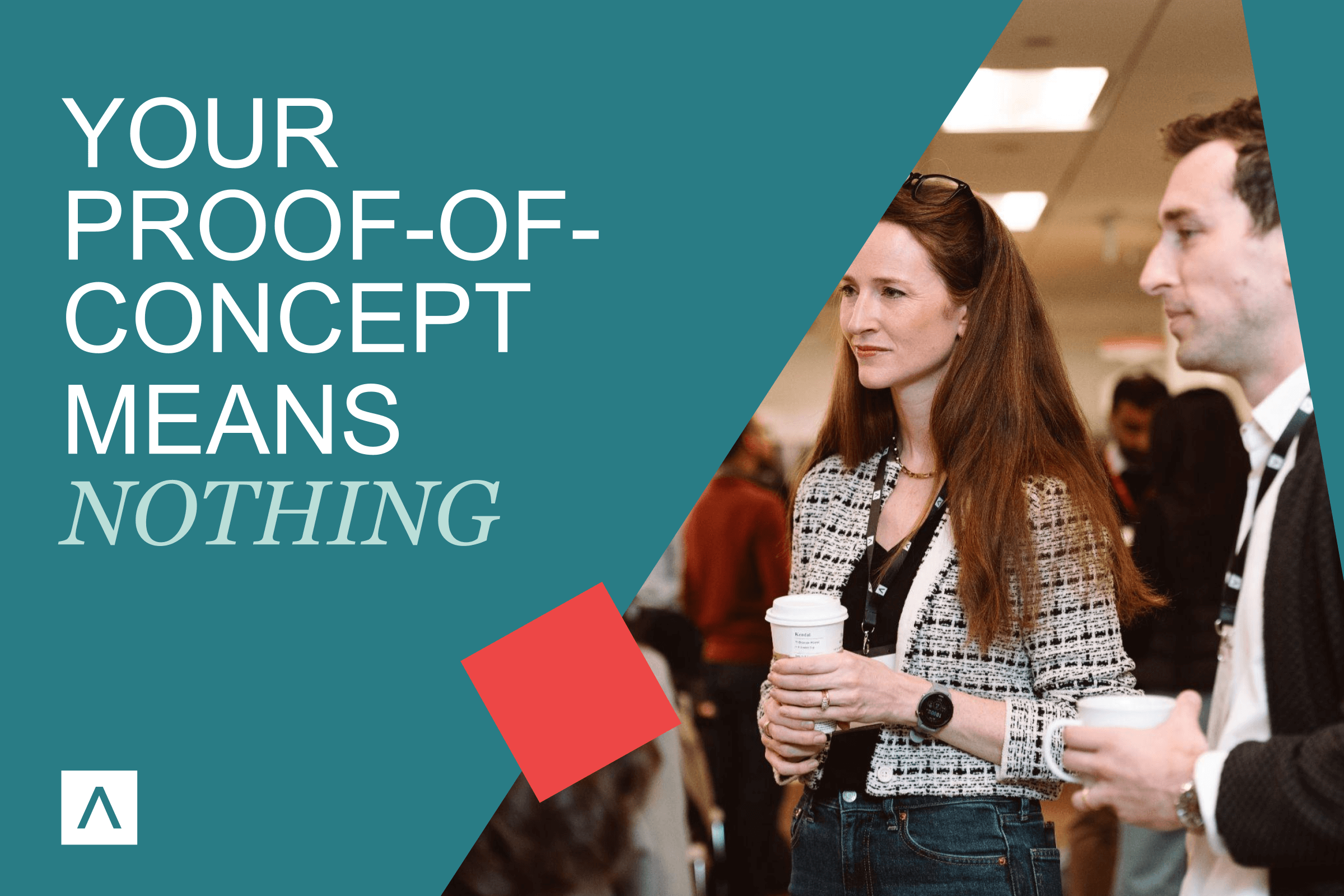You are statistically more likely to win an Olympic medal in Europe than build a tech unicorn.
In this interview series, we speak to athletes and founders about what it really takes to perform at the highest level in sport and tech.
These are stories of sacrifice, ambition, resilience and the determination to be the very best at what you do.
Dr David Spindler, High-Performance Neuroscientist
Dr David Spindler is a neuroscientist who works with Champions League football teams, Tour de France squads, and elite athletes including Sir Mark Cavendish. His work focuses on cognitive fatigue, decision-making, performance mindset and how world-class performers build the resilience to keep going year after year.
Q&A
How do you explain cognitive fatigue, and why does it matter for performance?
Think of cognitive fatigue as a tank. Everything that demands brain work, stress, decision-making, emotional load, pressure, all goes into that same tank over a 24-hour period.
When it overflows, you feel overwhelmed. Your cognitive fatigue score goes up, your clarity goes down, and your performance is affected long before your physical ability ever is.
My job is to look at the actual amount of cognitive fatigue your brain is producing. Then the key question becomes, how do you refill the tank?
Difficulties often occur when you are financially, emotionally and physically invested in your work. Recovery is not just sleep hygiene or eating well. It is about whether you can switch off. Can you reconnect with the 15-year-old version of yourself who loved doing something with no stakes?
You can still think about work while you do it, but shifting context gives clarity. That is recovery too, filling the tank back up.
Watch Dr Spindler's panel from Antler's European Founder Conference, alongside Sol Campbell, Jill Ellis and Anders Lindegaard
What really motivates high performers?
People often assume money is the motivator. It is not. Money is a by-product.
Real motivation is intrinsic. It is the desire to deliver the best possible version of the thing you are great at, whether that is a goal, a piece of tech, or a piece of research.
If your driver is money, you will never reach your full potential. But if your driver is fulfilment, "I want to show the world what I can do," then the work becomes a choice, not a sacrifice.
What are the common attributes of the elite athletes you work with? What sets them apart?
Mindset. Every athlete I work with is world-class, but mindset is what differentiates world-class from truly exceptional.
They understand their strengths, they acknowledge their weaknesses, and they use both. You can tell very quickly if someone has the capacity to deliver at a world-class level.
My job is not to give them something new, it is to support them to deliver what is already inside them. Everyone is intrinsically different, but the core principle remains the same - How do I help you use your full capacity?
Why do so many high performers struggle with self-awareness?
Because the very best athletes have usually been told they are exceptional since they were ten years old. Many have never been told "no," never been held accountable, never had to sit with constructive feedback.
The result, a lack of self-awareness.
The mark of a champion is the ability to take constructive feedback. To say, "I do not know this, help me." When you leave your ego behind and allow yourself to be vulnerable, it supercharges performance.
But vulnerability is hard. It opens you up to criticism, and many elite performers already sit further along the self-consciousness spectrum. They have been judged since they were five.
How do the best performers make decisions under pressure?
Decision-making is simply the brain analysing data. Neurons fire, inputs are assessed, patterns are compared with past experience.
A correct decision is one made with the best data available at that point in time. Once the decision is made, your brain continues to analyse it, integrating new data.
That is why I tell athletes, and founders, that if you have all the data and understand it properly, you cannot make a bad decision. You can only make one with a different outcome expectation.
There is always a percentage chance your expected outcome will not occur. The key is ensuring the decision you make gives you the highest possible percentage chance of success.
How do elite athletes view failure?
I would argue that world-class athletes never fail. They accumulate information.
Tom Evans failed to finish the infamous mountain ultramarathon UTMB twice. This year, he won it. The "failures" were essential data points, without them, he would not have put together a groundbreaking performance.
Mark Cavendish was told ten times he was finished. But world-class does not wash off in the shower. Every so-called failure contributed to his ability to win again.
Founders face the same thing. Outcomes are learning opportunities, not verdicts on your worth.
What advice do you give founders and athletes who are performing under extreme pressure for 10+ years?
First, you must believe in the product you are delivering. In sport we call it performance, but it is the same thing.
Second, understand your market, your opposition. Know your strengths and weaknesses. In hard times, go back to those foundations - Why did I start? What am I good at? What needs help?
If your weaknesses are being exposed, find someone whose strengths complement your limitations. Or learn from them. That is how high performers evolve.
And finally, recovery matters. Athletes call it recovery, founders call it downtime. Changing your mindset from "996" to "24/7" is crucial. You can work 100-hour weeks sustainably if you actively choose recovery during the remaining hours.
Recovery is training. Without it, performance collapses.
Can anyone learn resilience, or are you born with it?
You can absolutely learn it. You learn it by showing up consistently, in the hard moments, over and over again. Resilience is your ability to absorb stress, learn from it and formulate a response to the stressor.
A PhD is essentially head-butting a brick wall until something gives way. Building a unicorn or becoming a world-class athlete is the same. You become world-class by being the best in the smallest possible niche, then expanding from there.
Resilience is structured deliberate decision-making repeated over months, years, decades.




%2520(1).avif)




%20(1)%20(1)%20(1)%20(1)%20(1)%20(1).avif)
.avif)

